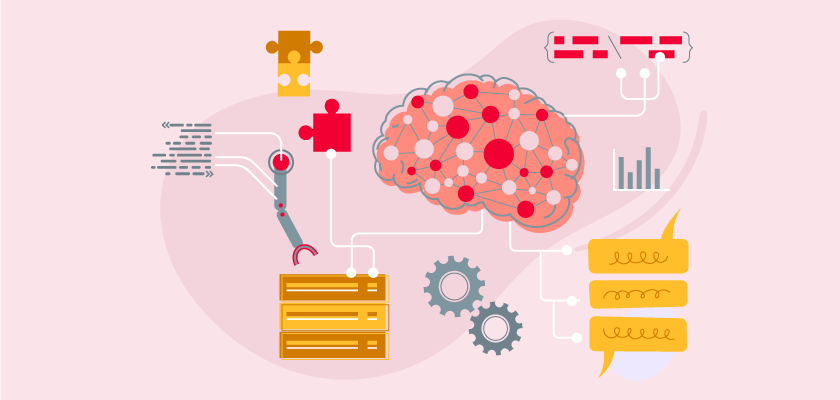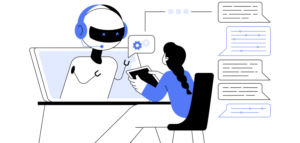
AI News of February
Zuckerberg Bets Big: Meta to Join the AGI Race Open-Sourced
Meta is now aiming for something way bigger: building an AI as smart as a human, called “AGI.” Unlike its rivals locked in a proprietary cage, Meta promised to release the AGI code as open-source once had achieved.
Regarding the issue, Mark Zuckerberg stated that he expects AGI not just to power the next flashy metaverse gadget but to revolutionize fields like healthcare, scientific discovery, and even tackling the environmental crisis.
In his statement, “The next leap in computing,” he declared, “requires something fundamentally different from today’s AI. We believe AGI holds the key, and we’re charging headfirst into unlocking its potential.”
Bu gönderiyi Instagram’da gör
Unlike Google and OpenAI, the current AGI frontrunners, Meta is pledging open-source. This bold move, of course, is fueled by Zuckerberg’s belief in collaborative development and mitigating risks.
So, can Meta, with its ambitious spirit and newfound focus on open collaboration, navigate this uncharted terrain and be the first to crack the code of super-intelligence?
Google Grows UK Smarts with New AI Powerhouse
Google announced plans to invest £1 billion in a new data center north of London. This state-of-the-art facility, slated to be operational by 2025, aims to address the power demand essential to fuel the growth and deployment of advanced AI applications across diverse industries in the UK.
“This investment underscores Google’s long-term confidence in the UK’s burgeoning AI ecosystem and its potential to become a global leader in this transformative field,” said Ruth Porat, Alphabet’s Chief Financial Officer. “The new data center will provide crucial compute capacity for UK businesses and researchers, empowering them to develop and innovate with cutting-edge AI solutions.”
The arrival of Google’s new data center marks a significant landmark in the UK’s history of becoming a global AI powerhouse. Its impact on the nation’s technological landscape, economic prosperity, and ethical considerations in AI development will be closely monitored in the years to come.
MIT: AI Job Replacements Set to Rocket Until 2030
A new study from researchers at the Massachusetts Institute of Technology (MIT) predicts a dramatic acceleration in AI-driven job displacement over the next six years.
The study, published in Nature, paints a stark picture. It estimates that up to 20% of current U.S. jobs could be automated by 2030, a significant jump from the current rate of around 2%. In other words, millions of jobs across various sectors, from manufacturing and transportation to customer service and data entry, could be replaced by AI.
Moreover, the researchers highlight the potential benefits of AI-driven automation; they point to new jobs in fields like AI development, data analysis, and cybersecurity, as well as the potential for increased productivity and economic growth.
However, the study also warns of potential societal challenges related to job displacement. These include rising unemployment, income inequality, and the need for significant retraining programs to equip workers with the skills needed for the AI-powered economy.























